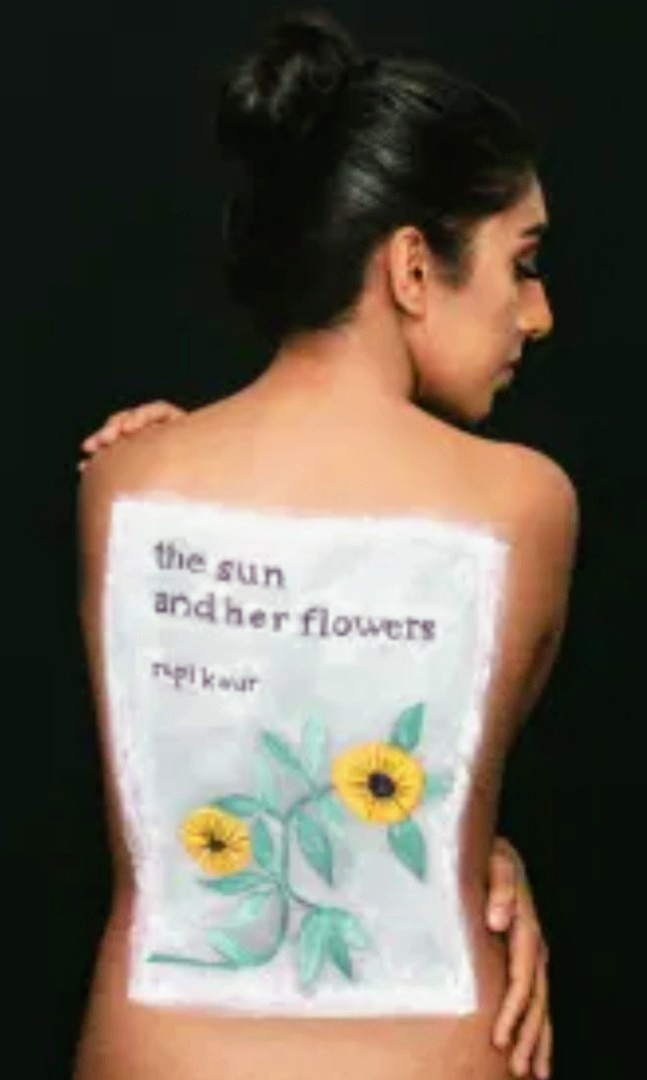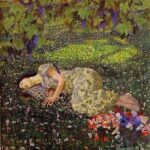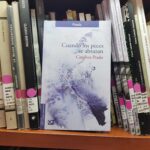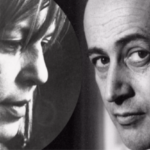In 2018, I got a poetry book as a present with a dedication saying, “For sure it will make as much sense to you as it has made sense to me”. The name of the author was Rupi Kaur.
The contemporary Indo-Canadian poet, Rupi Kaur has become a popular figure in the literary world after her first book on prose and poetry, “Milk and Honey” was published in 2015. She is better known among her peers as an “Instapoet” as her main source of popularity has been from the poems and quotes she had posted online in social media. Her poems on Instagram have been instant hits all over the world. This young promising poet, born in India and brought up in Canada, has been dealing with the subjects of femininity, violence, love, loss, and abuse in her poetic creations. She has already made a mark in the world of poets as being a feminist poet and one of the most famous Canadian female poets, making her point for violence against women in most of her writings.
Her poems do not have titles nor separation among them, and they may be considered to be read individually or as sequences. Without distinguishing between uppercase and lowercase letters, and eliminating the punctuation rules, Rupi writes: “There are some things/ in the world so infinite/ they could never use a full stop”. Her poetry lacks formal restrictions. It includes the “Gurmukhi”, the official script of the Punjabi language from the Punjab region in India. In fact, in her books her name is written as rupi kaur. This also represents the need to tribute her ancestors and the need to put them together, as well as her story, to her poetry. In addition to being consequent with universal equality.
Thousands of voices from the Indian culture have permanently been present in my readings, in the music and in the movies I love, so I was immediately curious about this young writer that used the Internet and social media to spread her poems and her stamp. Rupi Kaur was born in Punjab, India in 1992 and migrated to Canada with her parents being a little girl. She studied rhetoric writing at Waterloo University. From an early age Rupi was interested in art and painting which was encouraged by her mother. She turned to writing as a form of expression in her later teenage years and then went on to become an internet sensation with her talent. Her teachers told her it was futile to try to get poetry published because there was not a big market for that. She was suggested to get individual poems published in literary journals. When she submitted her work for this purpose, she got rejection after rejection. She realized that her work was different and needed to be read in a collection, in its entirety. So she chose to create her own path and not listen to the people who did not believe in her work. She designed, edited and illustrated her first book “Milk and Honey” and self-published using the “CreateSpace” platform in 2014. A publisher was rapidly interested in her work, selling millions of copies of her first book. What followed next had similar success, “The sun and her flowers” (2017) and “Home and Body” (2021). Her work has been translated in over 42 languages. Her influences are Virginia Woolf, Anais Nin y Warsan Shire.
Her wisdom is remarkable when she presents us with some of the ills of our era such as self-demanding and depression. Her verses are brave and honest. Rupi tells us: “Sadness looks the same across all cultures and communities. So does happiness and joy. This is why I want my poetry to be read by the majority of people”
In her books, inmigration and racial conflicts have protagonism. She writes about her mother feeling nostalgic for her beloved Punjab and about feeling guilty as being witness to her parents’ sacrifices. But at the same time she writes about being proud of having the color of earth on her skin.
Rupi has been criticized by the traditional literacy world due to her poetry “simple style”; and possibly this criticism might be justified. If the literacy “quality” would be subjective, then there might be no sense in having academic disciplines dedicated to study it. Literature and poetry are subjective? Does it really matter? Not really. Perhaps Rupi’s poetry allows us to introduce ourselves in the poetic world or, perhaps, thinking about more experienced readers, it is interesting as it gives them simplicity and freshness.
John Keats poetry, one of the most important British poets of Romanticism, was severely attacked during his life and it was redeemed many years after his death. “If poetry comes not as naturally as the leaves to a tree it had better not come at all”.
I read some days ago a note about the great american poet of the 19th century Emily Dickinson (1830-1886). She is being mentioned as the first “insta poet” as per her short, clean and simple poems in shape and structure. Rupi’s poetry might be similar. However Emily Dickinson’s poetry, even though it might be seen as very accessible on the surface, grows in depth and it astonishes us in every reading. However, the fresh air need when reading Rupi’s poetry, drives us to self awareness and introspection.
“Our backs tell stories no books have the spine to carry”. rupi kaur.










Fantastic! I’d like reading her!
Thanks so much! For sure you will love her poetry!